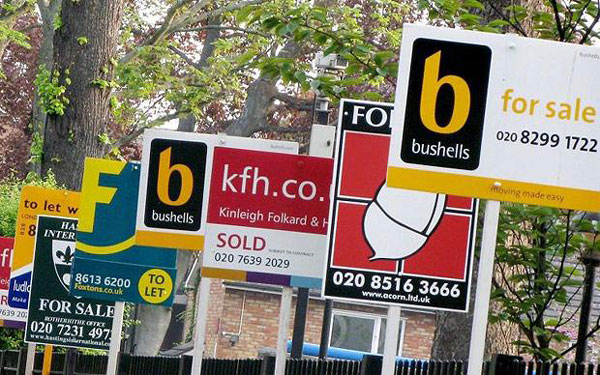Buy To Let
The pros and cons of ‘quick house sale’ firms

‘Quick house sale’ companies are being scrutinised by the Office of Fair Trading but can be useful for some homeowners. Read our guide on the ins-and-outs of using them.
What is a ‘quick house sale’ company?
These companies offer to either buy your house or find you a third party buyer very quickly, and pay cash for your property, usually at a discount from the full market value. They can often get a sale of a property through within seven days.
Despite the average homeowner getting back a maximum of 75% of the value of the property they want to sell, using a quick house sale company can have some advantages.
For people who need to raise cash very quickly and push through a hurried sale – possibly to avoid repossessions, clear debts, sell due to a relationship breakdown or try and get around issues that make a property hard to sell – like those in high risk areas for flooding.
However, the Office of Fair Trading is concerned about homeowners being misled and losing out financially due to practices like a company agreeing to buy a house, but then reducing the price at the very last minute.
Often the fee structures are not always made clear to the homeowner and some companies even make false valuations.
In other instances, some contracts tie customers in, preventing them from selling to anyone else who might provide a better offer and/or fix heavy penalties should the customer breach that contract.
Homeowners who use these companies should typically expect to see 75% of the value of the property after the sale, as the company will pocket the rest.
If you decide that you would like to sell your property through a quick house sale company follow these tips from the Money Advice Service:
Do your own valuation. Make sure you get a valuation from three different estate agents so you can decide whether any offer made by a quick sale company is fair.
Shop around. Not all quick sale companies are the same. Make sure you look at what different ones can offer.
Check the company’s credentials. If the provider is a broker (someone who introduces you to a prospective buyer), check that they are registered with either The Property Ombudsman or Ombudsman Services: Property. If the provider says they have signed up to a code of practice, or they are regulated by an official body, check for yourself.
Don’t be shy. It’s always worth negotiating the terms and/or the price.
Get everything in writing. Don’t accept verbal assurances.
Take your time. Don’t rush or be pressured into a decision.
Get your own independent legal adviser. The company you’re using can’t force you to use the legal representative they recommend.
Read the agreement carefully. Don’t sign an agreement unless you fully understand what you are agreeing to.
Get your legal adviser to explain anything you’re not clear about.
Avoid long tie-ins. Don’t sign any agreement that ties you to the quick sale company for a long time. A typical estate agency contract lasts 8-12 weeks. A quick sale contract should be shorter than that.
Be honest. Giving incorrect information or leaving important things out might cause hold-ups further down the line and even mean a reduction in the price you’re offered.
Ask to see the survey. If the company you’re using reduces the offer price, ask why. If the survey’s findings are to blame, ask to see them. A fair-dealing business will not hide them from you.
Don’t commit too early in the process. Don’t sign on the dotted line until all the surveys and legal checks are done and you have a final offer in writing.